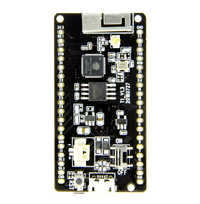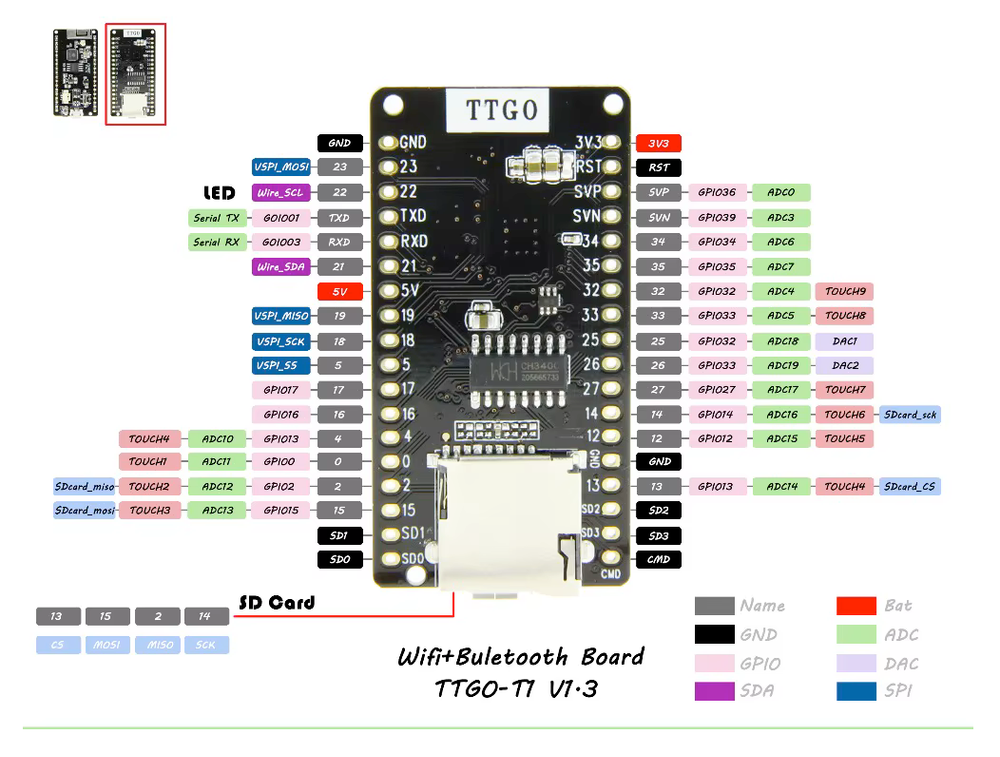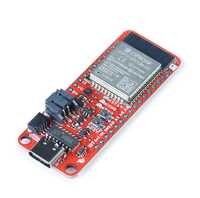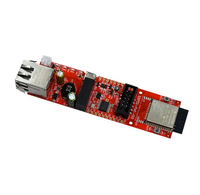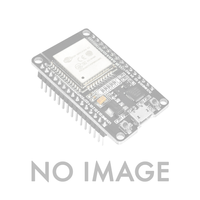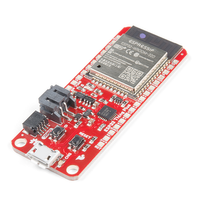TTGO T1 Development Board Pinout and Technical Specifications
Code name: TTGO_T1
TTGO T1 development board is based on esp32 microcontroller and uses xtensa architecture. This development board has a maximum CPU frequency of 240 MHz and a flash size of 4MB.
TTGO T1 Specs
Below you can find the specifications of TTGO T1, such as features, connectivity options, and TTGO T1 technical specs.
Features
- 40 digital IO pins
- 16 external interrupt pins
- 16 analog input pins
- 16 PWM pins
Connectivity
- WiFi: 802.11 b/g/n (2.4 GHz)
- Bluetooth: 4.2
- WiFi: 4.2
Technical specs
| Clock Speed | 240 MHz |
| Flash size | 4MB |
| Microcontroller | esp32 |
| Architecture | xtensa |
TTGO T1 External Pins Mapping Functions
Below you can find the TTGO T1 pinout. This development board provides 40 digital IO pins, out of which 16 can be used as an external interrupt pins , 16 as analog input pins and 16 pins have Pulse-Width Modulation (PWM) .
| Pin | Function | ESP Pin | Input/Output | Description |
|---|---|---|---|---|
| 1 | OLED RST | GPIO16 | output | OLED Reset |
| 2 | OLED SDA | GPIO21 | bidirectional | I2C Data Line |
| 3 | OLED SCL | GPIO22 | bidirectional | I2C Clock Line |
| 4 | SDCard CS | GPIO13 | output | SPI Chip Select for SD Card |
| 5 | SDCard MOSI | GPIO15 | bidirectional | SPI Master Out Slave In for SD Card |
| 6 | SDCard MISO | GPIO2 | bidirectional | SPI Master In Slave Out for SD Card |
| 7 | SDCard SCLK | GPIO14 | bidirectional | SPI Clock Line for SD Card |
| 8 | LORA MOSI | GPIO27 | bidirectional | SPI Master Out Slave In for LoRa |
| 9 | LORA MISO | GPIO19 | bidirectional | SPI Master In Slave Out for LoRa |
| 10 | LORA SCLK | GPIO5 | bidirectional | SPI Clock Line for LoRa |
| 11 | LORA CS | GPIO18 | output | SPI Chip Select for LoRa |
| 12 | LORA RST | GPIO23 | output | LoRa Reset |
| 13 | LORA DIO0 | GPIO26 | input | LoRa Interrupt Pin |
| 14 | DS3231 SDA | GPIO21 | bidirectional | I2C Data Line for DS3231 RTC |
| 15 | DS3231 SCL | GPIO22 | bidirectional | I2C Clock Line for DS3231 RTC |
TTGO T1 Pins Mapping Arduino IDE
Below you can find the TTGO T1 pinout. This development board provides 40 digital IO pins, out of which 16 can be used as an external interrupt pins , 16 as analog input pins and 16 pins have Pulse-Width Modulation (PWM) .
| Pin | Analog | Touch | PWM | Other |
|---|---|---|---|---|
| 0 | A11 | T1 | ||
| 1 | PWM | TX | ||
| 2 | A12 | T2 | PWM | MISO |
| 3 | PWM | RX | ||
| 4 | A10 | T0 | PWM | |
| 12 | A15 | T5 | PWM | |
| 13 | A14 | T4 | PWM | SS |
| 14 | A16 | T6 | PWM | SCK |
| 15 | A13 | T3 | PWM | MOSI |
| 21 | PWM | SDA | ||
| 22 | PWM | LED_BUILTIN | ||
| 23 | PWM | SCL | ||
| 25 | A18 | PWM | DAC1 | |
| 26 | A19 | PWM | DAC2 | |
| 27 | A17 | T7 | PWM | |
| 32 | A4 | T9 | PWM | |
| 33 | A5 | T8 | PWM | |
| 34 | A6 | |||
| 35 | A7 | |||
| 36 | A0 | |||
| 39 | A3 |
Default Tools
| Bootloader tool | esptool_py |
| Uploader tool | esptool_py |
| Network uploader tool | esp_ota |
| Bootloader address | 0x1000 |
| Flash mode | dio |
| Boot mode | dio |
| PSRAM type | |
| Maximum upload size | 1280 Kb (1310720 B) |
| Maximum data size | 320 Kb (327680 B) |
The TTGO T1 development board by default uses esptool_py uploader tool, esp_ota network uploader tool for Over-the-air (OTA) uploads and esptool_py bootloader tool. The bootloader starts at address "0x1000". Flash mode and boot mode for TTGO T1 development board by default is dio and dio respectively.

